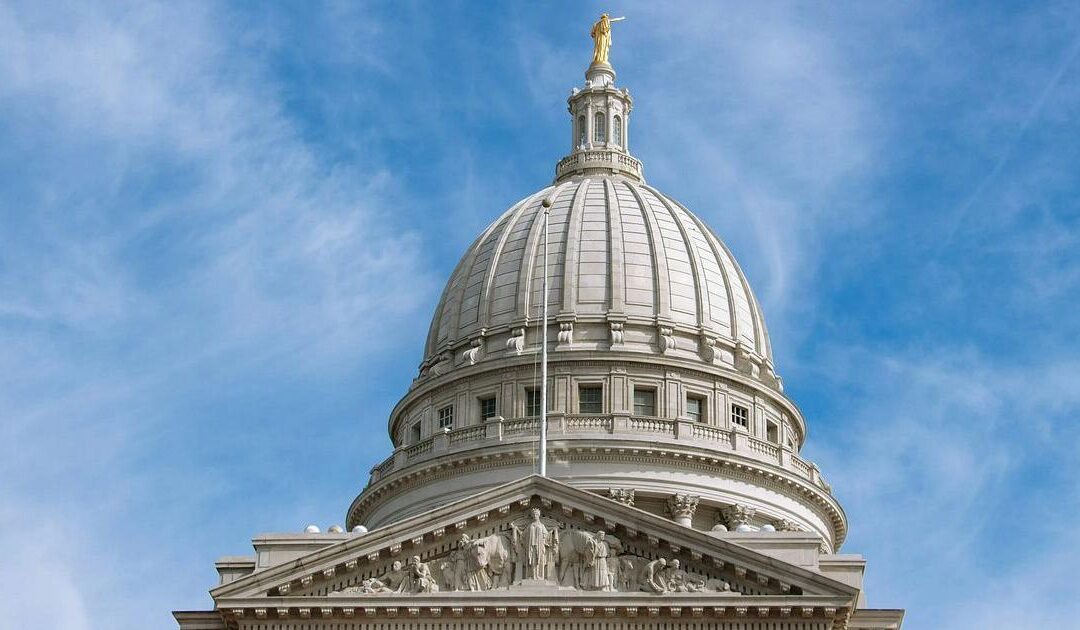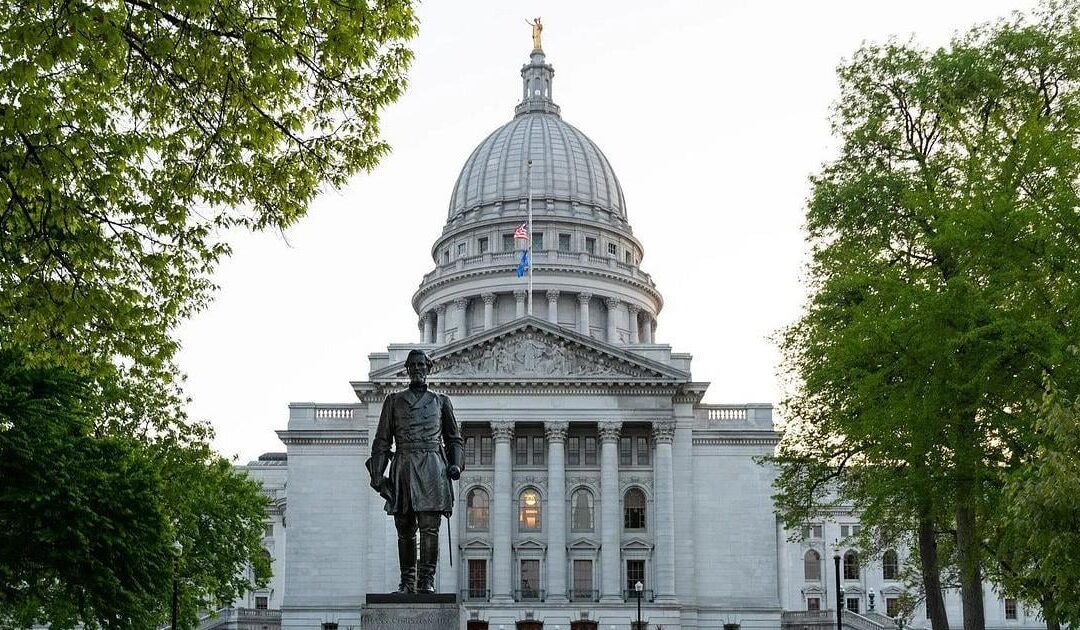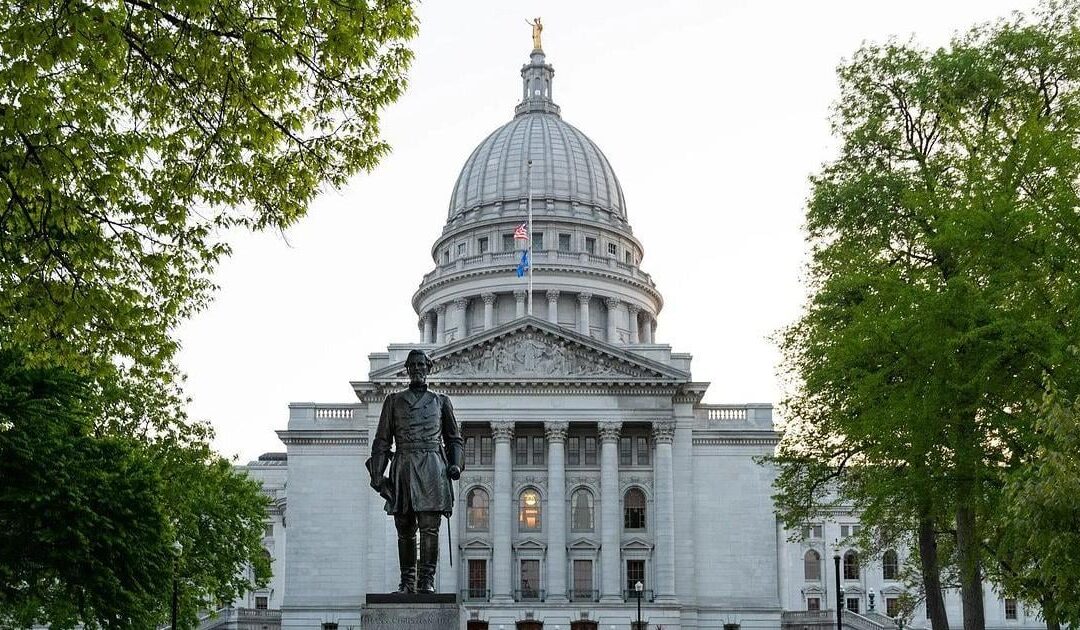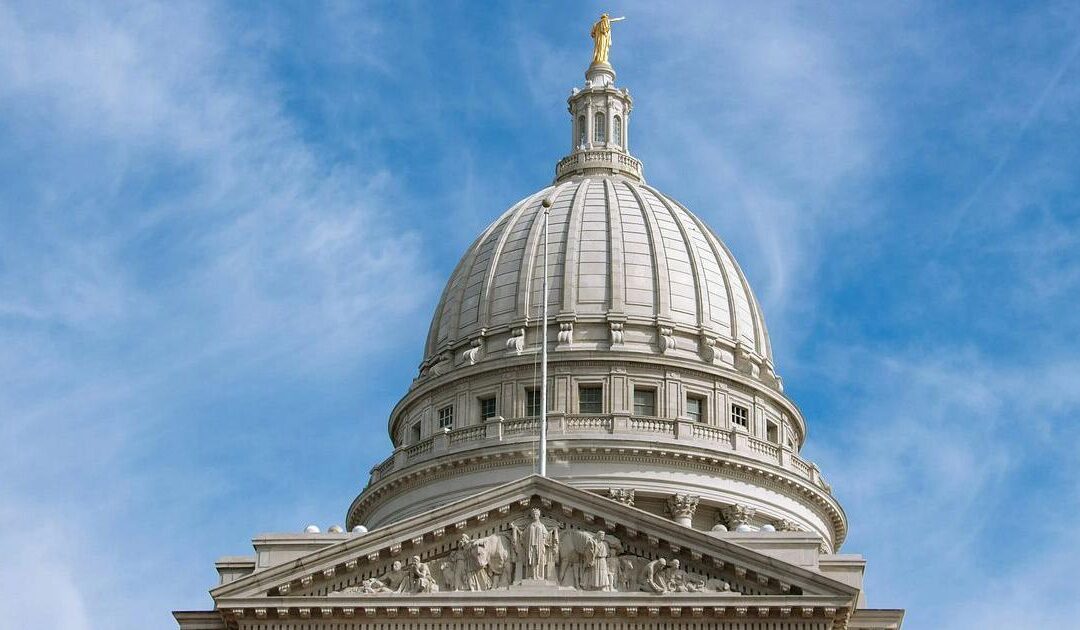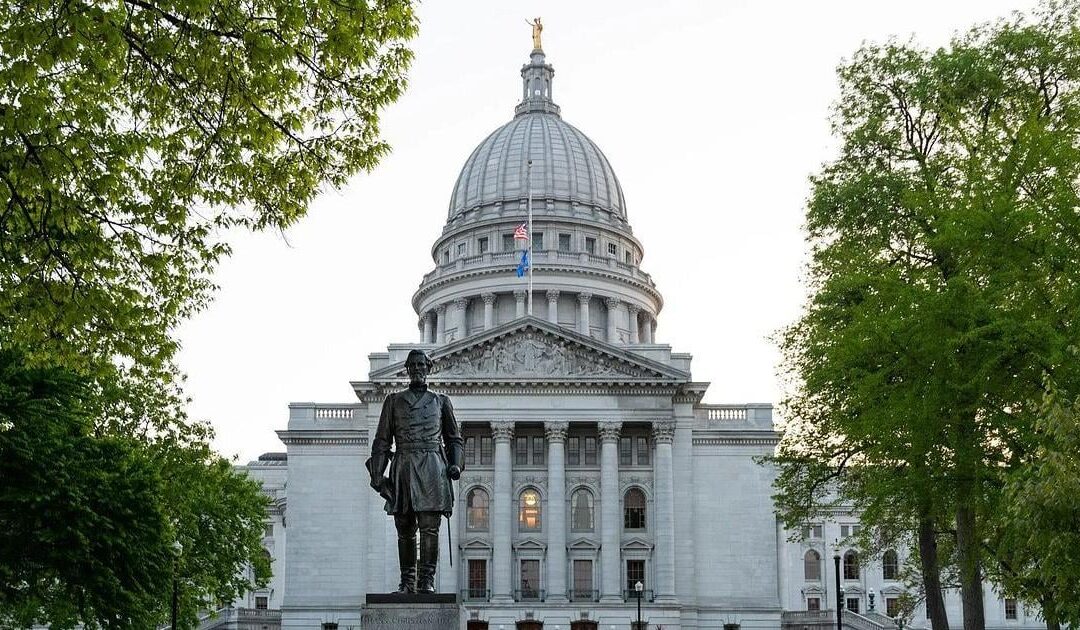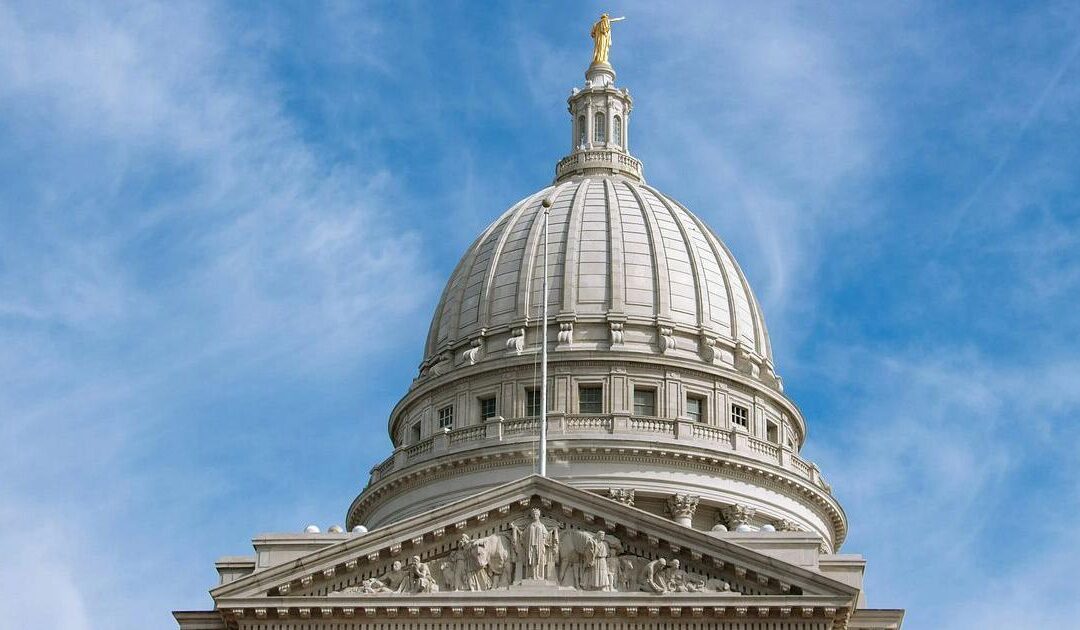(The Center Square) – As the Wisconsin Senate prepares to act on a sports betting bill that passed the Assembly, the Sports Betting Alliance is continuing its push to have the legislation changed to include SBA’s members.
That could mean changing the framework of the bill or making it a constitutional amendment that would go on a statewide ballot, Sports Betting Alliance President/CEO Joe Maloney told reporters Monday afternoon.
The current bill, which resembles legislation previously passed in Florida, would create a hub and spoke model to enable the state’s tribes to conduct online sports wagering, an extension of their current ability to take sports wagers on tribal land.
The tribes would pay Wisconsin a percentage of revenue that would still be negotiated.
“Wisconsin voters definitely want to have a say in this policy and they haven’t gotten that opportunity,” Maloney said.
SBA, which represents DraftKings, FanDuel, BetMGM, Fanatics and Bet365, is pushing for a framework to allow those companies to operate and pay the state taxes on revenue like it does is many other states.
Maloney said that those wagering will see less competitive deals if the tribes control wagering through what he called a monopoly.
Complicating the matter is that Fanatics, FanDuel and DraftKings now operate prediction markets on sports events that are federally overseen and do not pay taxes to states.
“The entry of prediction market platforms is a very dynamic topic, of course,” Maloney said in response to a question from The Center Square. “For so long, we’ve communicated about the illegal and unregulated market that are targeting, in this instance, Wisconsinites, taking their business and pushing them into offshore markets or unregulated settings without consumer in place, without responsible gaming controls and without tax dollars going back to the state.”
Maloney said that prediction markets are now operating in Wisconsin from billion-dollar companies that are advertising to residents.
“We have another competitive entrant, an entirely different category of gaming or trading and it is a very dynamic entry into the overall debate right now. So, leaders in Wisconsin have to contemplate now not just illegal and unregulated targeting the residents of their state but also this entirely new category and this federally registered, federally regulated framework that is sidestepping some of the state controls that we see in the traditional online sportsbook model, specifically which grant and deliver millions of tax revenue.”
Maloney criticized the Assembly’s choice to take a voice vote to pass the bill rather than having a recorded vote, calling it “backroom dealing” that voters are beginning to reject.
SBA reported that it spent 64 hours of lobbyist time lobbying against the effort in the second half of 2025. Only the Forest County Potawatomi Community (92 hours) and Ho-Chunk Nation (100 hours) did more lobbying.






